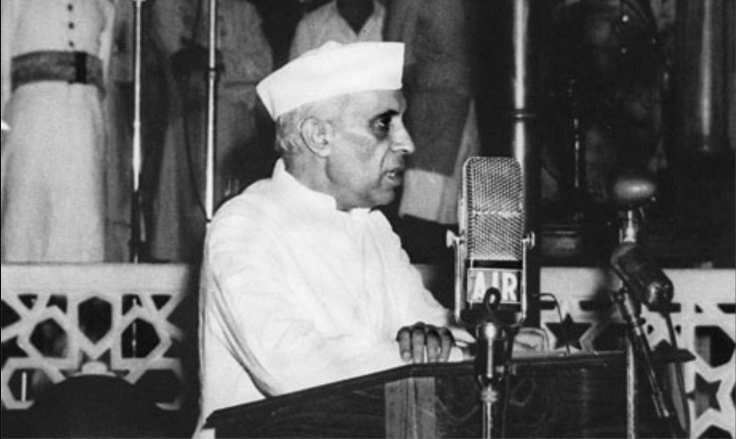Who Is Eugene Debs? Here's Why NY's First Muslim Mayor Quoted a Jewish Political Activist
Debs went on to co-found the Socialist Party of America and ran for US president five times

Zohran Mamdani, a Democratic state representative from Queens, made history this week after winning the New York City mayoral election, becoming the city's first Muslim and Indian-origin mayor.
In a race that pitted him against former Governor Andrew Cuomo and Republican Curtis Sliwa, Mamdani's campaign centred on housing reform, workers' rights, and economic justice. Declaring victory in Brooklyn, he told cheering supporters that they had 'toppled a political dynasty' and promised to build 'a shining city for all.'
Mamdani's background, born to filmmaker Mira Nair and scholar Mahmood Mamdani, who has Ugandan and Indian roots, shaped his campaign's emphasis on inclusion and cultural identity. However, while making his victory speech, he quotes several leaders, including a Jewish political activist, Eugene Debs, which surprised many.
Who is Eugene Debs, and Why Mamdani Quoted Him
Mamdani opened his 22-minute victory speech with a quote from Eugene V. Debs, the early 20th-century socialist leader and trade unionist. 'The sun may have set over our city this evening, but as Eugene Debs once said, 'I can see the dawn of a better day for humanity.''
Born in 1855 in Terre Haute, Indiana, Debs began his career as a railroad worker before helping to form the American Railway Union (ARU) in 1893 — one of the nation's first industrial unions. The ARU's 1894 Pullman Strike led to a nationwide rail boycott that paralysed commerce and resulted in Debs' imprisonment. The experience transformed him from a trade unionist into one of the most influential socialist figures in US history.
Debs went on to co-found the Socialist Party of America and ran for US president five times in 1900, 1904, 1908, 1912, and 1920. His 1912 campaign, which earned over 900,000 votes, remains one of the most successful third-party runs in US history.
He was again jailed in 1918 for an anti-war speech under the Espionage Act, famously declaring from the court that 'while there is a lower class, I am in it.' Debs ran his final presidential campaign from prison, securing nearly a million votes.
Debs died in 1926, leaving behind a powerful legacy that continues to shape modern labour movements and progressive politics. His commitment to equality and solidarity explains why Mamdani, who has positioned himself as a voice for working New Yorkers, invoked Debs' words to define his victory.
Nehru and La Guardia Were Also Remembered
Mamdani also referenced Jawaharlal Nehru and Fiorello La Guardia, two leaders known for steering their nations and cities through transformative change.

Quoting from Nehru's 'Tryst with Destiny' speech, delivered on the eve of India's independence in 1947, Mamdani said, 'A moment comes but rarely in history when we step out from the old to the new... Tonight we step out from the old to the new.'
The nod to Nehru reflected Mamdani's South Asian heritage and a shared belief in nation-building through moral renewal.
He then invoked Fiorello La Guardia, New York's reformist mayor from 1934 to 1945, promising to emulate his bold civic vision. La Guardia, remembered for guiding the city through the Great Depression and expanding public works, became synonymous with integrity in government and accessibility in leadership.
'This will be an age where New Yorkers expect bold vision rather than timid excuses,' Mamdani said, outlining his goals to freeze rents for two million tenants, make buses free, and deliver universal childcare.
By invoking both Nehru and La Guardia, Mamdani placed his victory within a continuum of progressive governance, global in inspiration, local in impact.
Why Eugene Debs Resonates Today
By quoting Eugene Debs, a Jewish-American socialist, and Jawaharlal Nehru, a secular Indian nationalist, Mamdani signalled his pluralist worldview, one rooted in international solidarity and social justice.
In a single speech, New York's first Muslim mayor linked American labour history, India's freedom struggle, and the city's own progressive legacy, trying to channel the historical political awakening the world has witnessed before. However, whether Mamdani will be able to keep his promises and make New York City affordable for the people remains to be seen.
© Copyright IBTimes 2025. All rights reserved.





















